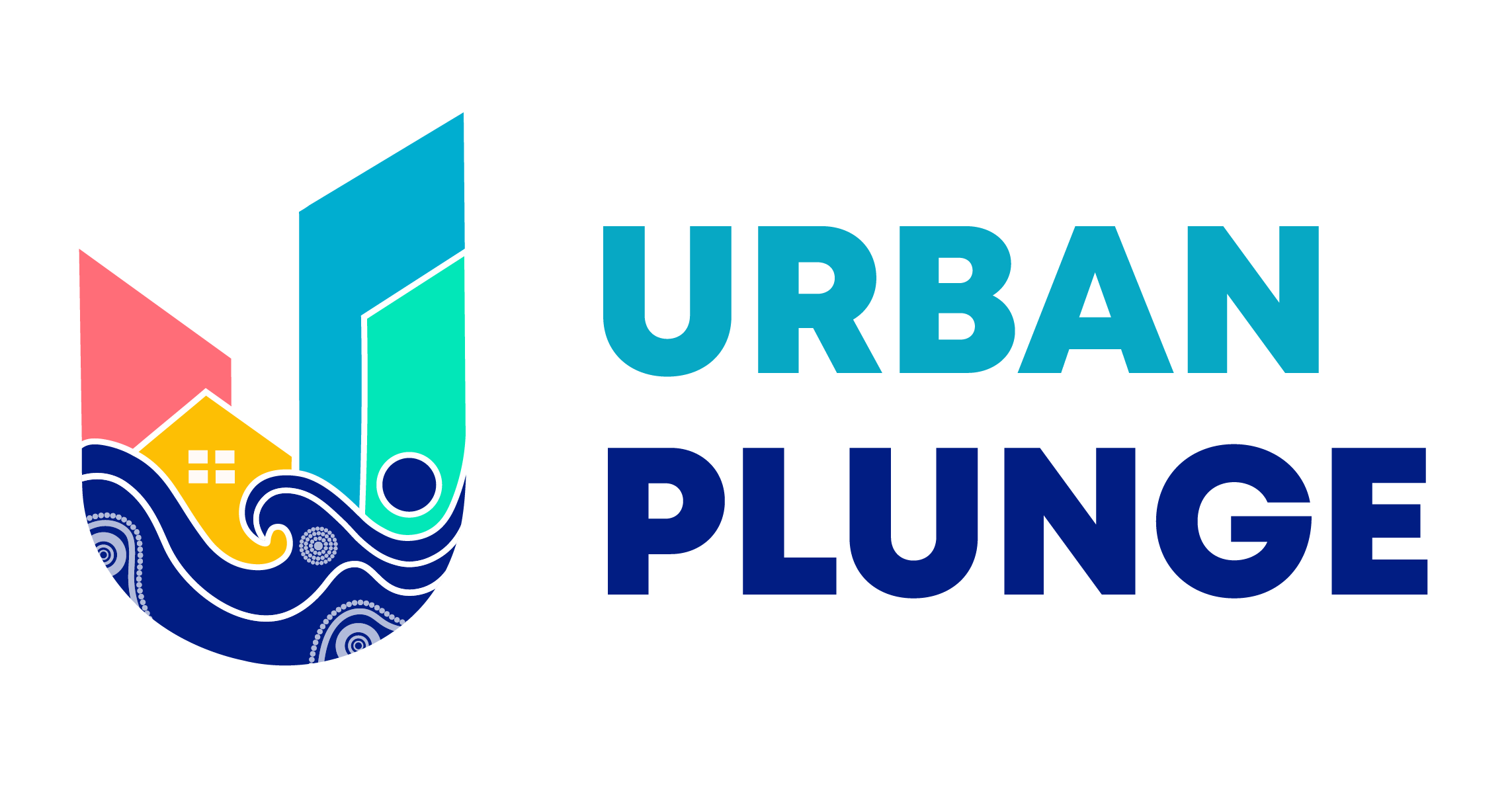What we do
Establishing more places for you to enjoy healthy waterways
Through Urban Plunge™, Sydney Water offers expert advice and support for navigating the complexities of activating inland waterways for recreation. With over 130 years of experience working across Greater Sydney, we also bring deep insights into water infrastructure and management, making us a reliable partner when creating more swimmable waterways.
Supporting safe waterway activation
Sydney Water works with councils and landowners to help them thoroughly understand water quality, risks and other unique characteristics of the site’s waterway.
How do we know if the water quality will be good enough?
Sydney Water's RiverWatch™ program rigorously monitors water quality at potential recreation sites before they open and continues to monitor them once they have opened.
We follow the National Health and Medical Research Council's Guidelines for managing risks in recreational water and the NSW Water Quality Objectives to assess swim site suitability.
You can learn more about our RiverWatch program and what we monitor.
You can see real-time information on our monitored sites.
It's not just about water quality
Water quality is just one part of the puzzle. Site location, design, approvals, infrastructure and management are all key considerations in managing risks and providing a great experience to users. We work with councils and other partners to make sure the appropriate approval pathways and processes are followed so that the community can feel assured that it's safe to swim.
Opening sites on waterways:
- Potential site identified
- Water quality monitoring & risk assessment
- Site design and approvals
- Site preparations and safety inspections
- Site opening
- Ongoing monitoring and maintenance
Protecting waterway health
Protecting and improving waterway health is crucial for creating more aquatic recreation opportunities in our waterways. Collaboration between Sydney Water, councils, catchment groups and government is essential to enhance water quality and bring more natural swimming and recreation sites to life.
Sydney Water is also investing in works that directly improve the health of our waterways. Here's just a sample of what we've been up to:
- More overflow investment from 2020 to 2024 to reduce wet weather overflows from the wastewater network, directly supporting recreation outcomes in waterways.
- Removed over 60,000 cubic metres of litter and organic waste, and 59,300 tonnes of sediment from stormwater before it reaches Sydney's waterways between 1990 and 2025.
- 20,000 intelligent sensors have been installed in wastewater pipes to detect blockages before they cause overflows.
Keeping watch
Once a site is open, we keep checking water quality to make sure it is safe. We also let you know when to avoid entering the water. You can see real-time water quality predictions with RiverWatch.
How you'll know when water quality changes
Water quality at any natural swim spot can vary depending on weather, tides and other factors. When you check out your local swim spot, you'll see today's water quality predictions. We update the predicted water quality at each swim spot 4 times every day.
As a general rule, you should avoid swimming in inland waterways for 3 days after rainfall as pollutants can be washed in, impacting water quality.
The graphic shows a beach scene split in half. The left side shows it in dry weather with people swimming in clean water, whereas the right side shows the beach in wet weather and pollutants entering the waterway.
Innovating to give you real-time information
Usually, it takes several days to measure microbial water quality using traditional methods. This analysis requires bacteria that might be present in water to be cultured in a laboratory to determine their levels. This delay means you might not know if it was safe to swim until a few days after.
To keep the community informed about safe swimming conditions, UNSW supported us to develop predictive modelling capability, which analyses long-term traditional sampling data coupled with key environmental factors to enable water quality to be predicted in 'real time'. We have since adapted this model for use at multiple swim sites so you can check water quality before you swim. Find out more about the RiverWatch predictive model.
Note, the output of the RiverWatch predictive model is a prediction of water quality only. As such, Sydney Water cannot guarantee the accuracy of any of the results or outputs from this model.
While we endeavour to keep the information up to date and correct, we make no representations or warranties of any kind, express or implied, about the completeness, accuracy, reliability, suitability or availability with respect to the information contained on the website for any purpose. Any reliance you place on such information is strictly at your own risk and you release us from any claim alleging that the results are inaccurate or that they are not fit for their purpose.
Learn more
We love sharing information about waterways and how they can support the liveability of our city. Join us for webinars, events, and media post where we dive into topics like urban swimming, waterway pollution, water quality monitoring, and much more.


